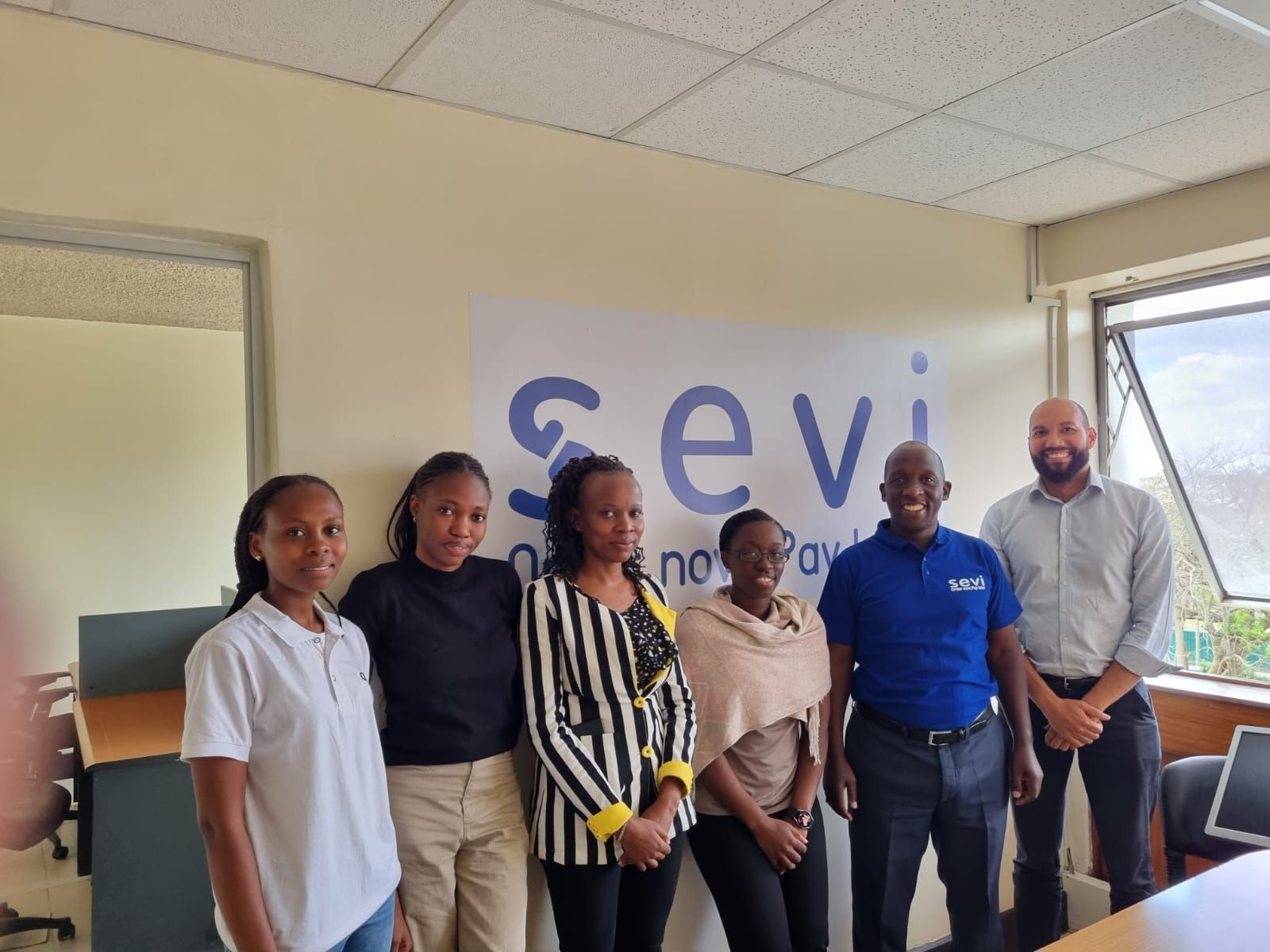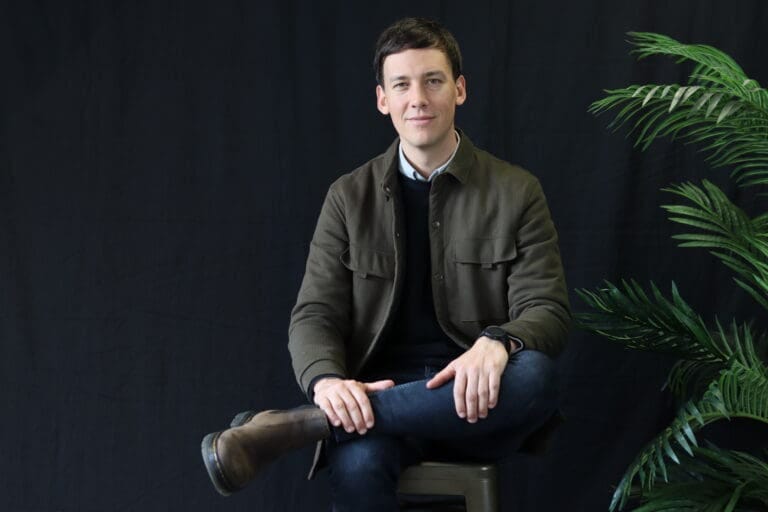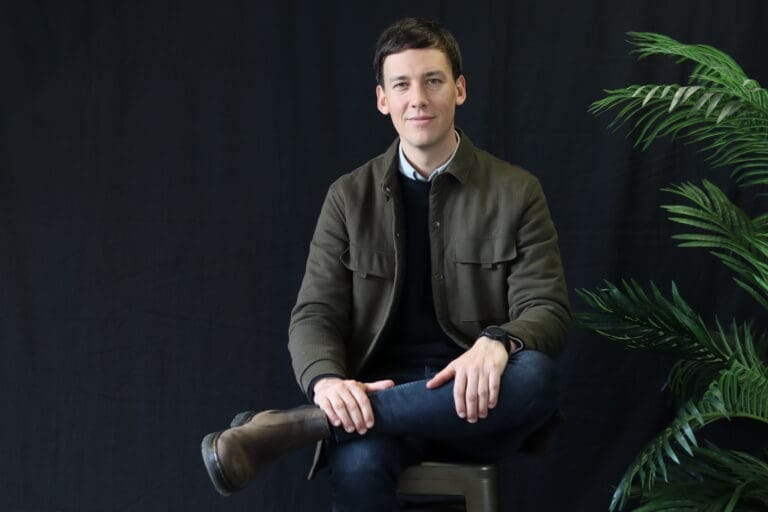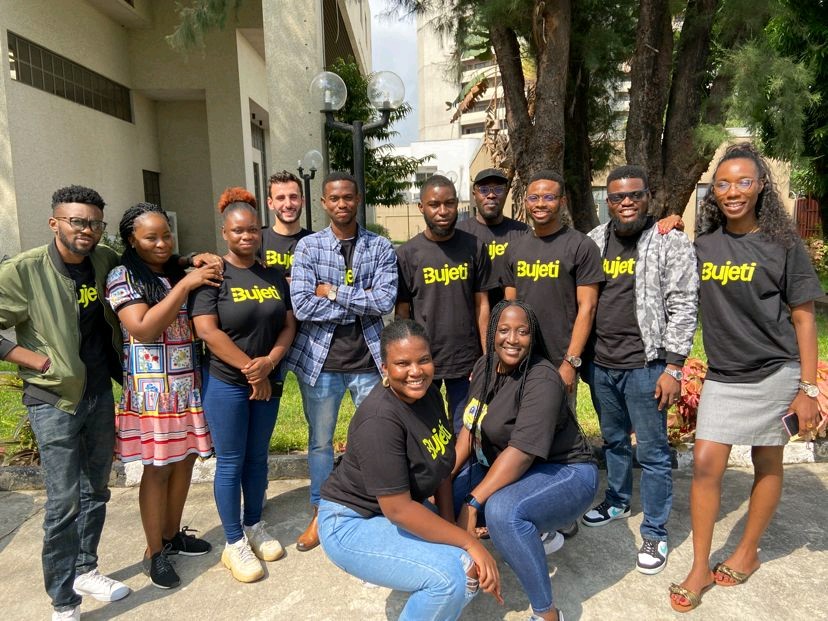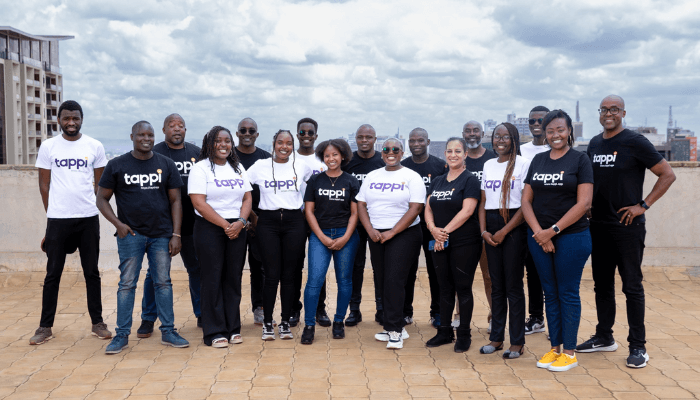Emerald Africa Makes Two New Investments in East African Startups
Emerald Africa Financing Facility, a pioneering player in supporting digital innovation and inclusive finance across sub-Saharan Africa, has recently announced two strategic investments in East African startups — Patasente and Sevi. These investments underscore Emerald Africa’s commitment to fostering economic growth, particularly in the rural SME sector.
Patasente: Transforming Agricultural Value Chains
In a bid to bolster the tech-enabled procurement, payments, and factoring platform, Patasente, Emerald Africa Financing Facility has joined forces with the Ugandan startup. Patasente, founded with a vision to revolutionize the Ugandan agriculture value chain, facilitates seamless transactions between sellers and buyers, fostering favorable payment terms.
Emerald Africa expresses its delight in contributing to Patasente’s growth trajectory, emphasizing the importance of supporting SMEs, farmers, aggregators, and processors within the Ugandan agricultural ecosystem. This strategic investment is aligned with Emerald Africa’s overarching goal of promoting digital innovation and inclusive finance in rural areas.
Sevi: Bridging Financial Gaps in Buy Now Pay Later (BNPL) Space
In its second strategic move, Emerald Africa Financing Facility has invested in Sevi, an innovative B2B platform operating in the Buy Now Pay Later (BNPL) space. Sevi specializes in supply chain financing, providing a lifeline to MSME buyers and sellers by facilitating quick and convenient credit for stock purchases.
Sevi’s impact extends beyond urban centers, with approximately 30% of its current end customers situated in rural areas. Emerald Africa is particularly thrilled about the potential of Sevi, considering its focus on enrolling rural/agri anchor partners. This investment reflects Emerald Africa’s commitment to acting as a crucial bridge for startups in the agri/rural fintech space, propelling them towards future funding rounds and sustained success.
Selection Criteria and Invitation to Innovators
The Emerald Africa Financing Facility, led by Alex Simuyandi, has outlined specific criteria for potential investments. The facility actively seeks tech-enabled digital ventures with a rural or agricultural focus, providing working capital or cash flow financing to SMEs at the pre-Seed/Seed stage, with funding up to $250k. These ventures must showcase a minimum viable product, maintain a positive gross lending margin, and demonstrate a credible pathway to scale. Notably, the experience and insight of the management team into the sector are considered crucial factors in the selection process.
Interested innovators who meet these criteria are invited to explore more and apply on the Emerald Africa website at www.emeraldafrica.tech.
Emerald Africa startups

Charles Rapulu Udoh is a Lagos-based lawyer, who has several years of experience working in Africa’s burgeoning tech startup industry. He has closed multi-million dollar deals bordering on venture capital, private equity, intellectual property (trademark, patent or design, etc.), mergers and acquisitions, in countries such as in the Delaware, New York, UK, Singapore, British Virgin Islands, South Africa, Nigeria etc. He’s also a corporate governance and cross-border data privacy and tax expert. As an award-winning writer and researcher, he is passionate about telling the African startup story, and is one of the continent’s pioneers in this regard.

